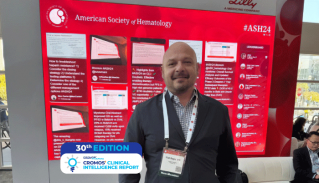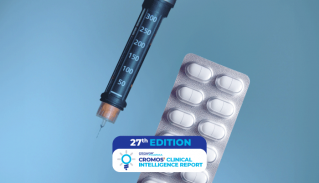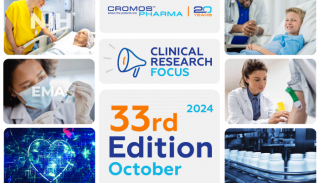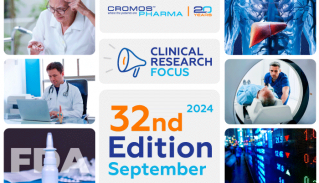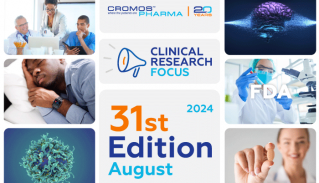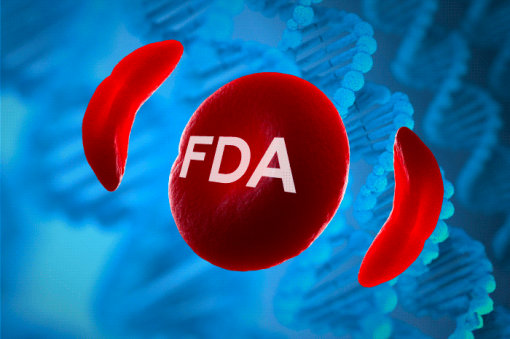
FDA Greenlights Groundbreaking Gene Therapies for Sickle Cell Disease
The FDA has given the nod to two pioneering treatments, Casgevy and Lyfgenia, marking a significant milestone as the first cell-based gene therapies for sickle cell disease (SCD) in patients aged 12 and older. Notably, Casgevy stands out as the first FDA-approved treatment employing a novel genome editing technology, CRISPR/Cas9, marking a major leap forward in gene therapy.
Sickle cell disease, impacting approximately 100,000 people in the U.S., predominantly affects African and Hispanic Americans due to a genetic mutation in hemoglobin, a crucial protein delivering oxygen to the body’s tissues.
Casgevy, a CRISPR/Cas9-utilizing gene therapy, is greenlit for patients aged 12 and above experiencing recurrent vaso-occlusive crises. The therapy involves modifying patients’ hematopoietic stem cells using CRISPR/Cas9 technology.
Lyfgenia, another cell-based gene therapy, utilizes a lentiviral vector for genetic modification and is approved for patients aged 12 and older with sickle cell disease and a history of vaso-occlusive events. It modifies blood stem cells to produce HbAT87Q, a gene-derived hemoglobin mimicking the normal adult hemoglobin.
Both therapies are crafted from the patients’ own modified blood stem cells, administered as a one-time infusion as part of a hematopoietic stem cell transplant.
Casgevy’s safety and efficacy were assessed in an ongoing trial, demonstrating a 93.5% success rate in preventing severe vaso-occlusive crises. Lyfgenia’s approval is based on a multicenter study, with 88% of patients achieving complete resolution of vaso-occlusive events between 6 and 18 months post-infusion.
Casgevy and Lyfgenia were developed by Vertex Pharmaceuticals Inc. and Bluebird Bio Inc., respectively. These groundbreaking approvals underscore the potential of innovative cell-based gene therapies in tackling severe diseases and advancing public health.








